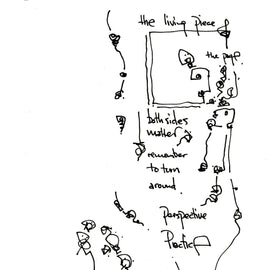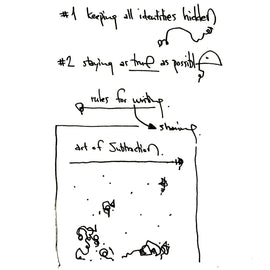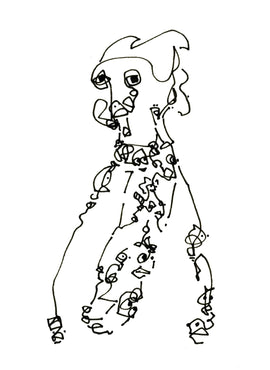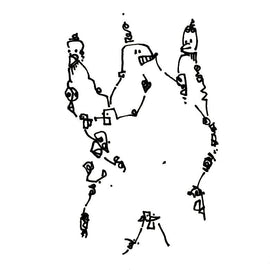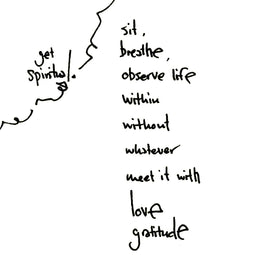Attachment Theory
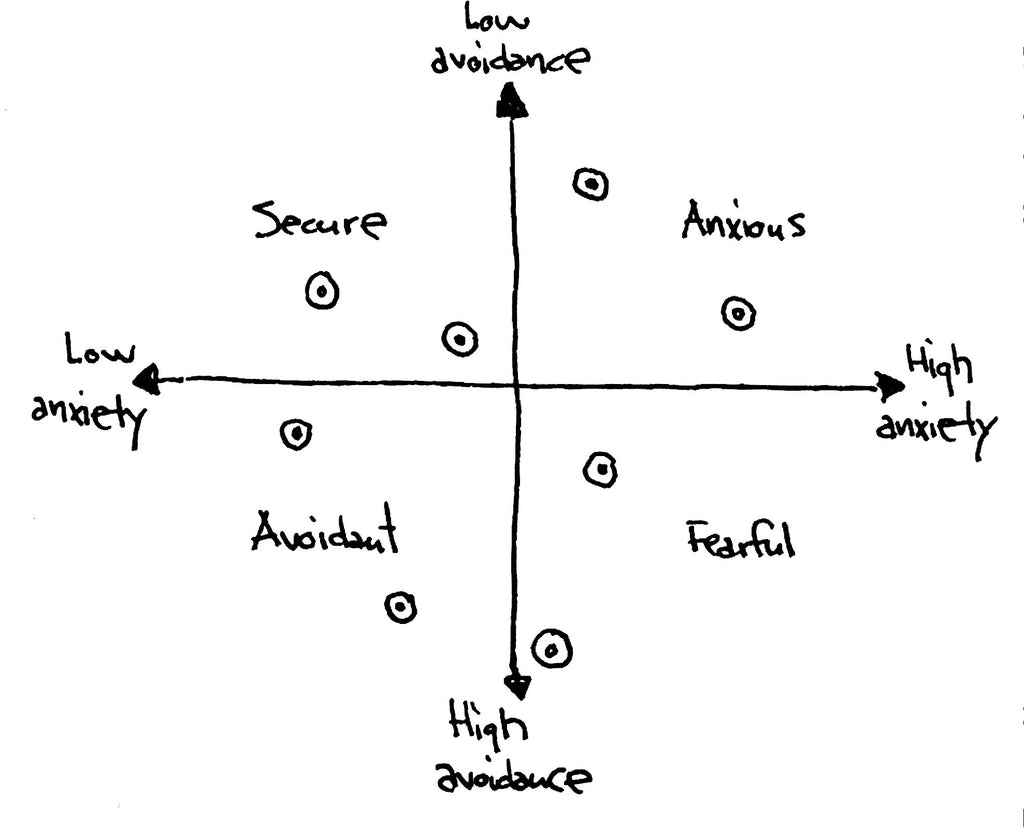
Attachment Theory
Attachment theory describes how early bonds with caregivers form the basis for adult relationships.
Two dimensions essentially determine attachment styles:
Avoidance: (dis)comfort with intimacy and closeness
Anxiety: preoccupation and anxiety about your partner’s love and attentiveness
Identify and understand your attachment style to develop healthier relationship dynamics
Secure Attachment:
- Characteristics: Comfort with intimacy and independence, ability to resolve conflicts calmly, and good self-esteem.
- Strategies: Foster mutual respect, communicate openly, and maintain emotional and physical closeness.
Anxious Attachment:
- Characteristics: Fear of abandonment, dependency on partner for self-worth, and high emotional sensitivity.
- Strategies: Practice mindfulness, manage emotional reactivity, and establish healthy boundaries.
Avoidant Attachment:
- Characteristics: Difficulty with emotional intimacy, high value on independence, and avoidance of conflict.
- Strategies: Work on emotional expression, embrace vulnerability, and practice positive affirmations.
Fearful-Avoidant Attachment (Anxious-Avoidant):
- Characteristics: Alternating between craving closeness and avoiding intimacy, fear of rejection.
- Strategies: Identify and share emotions, challenge avoidant behaviors, and understand past relationship patterns.
v97_2024w32
#volume97 #2024w32 #AttachmentTheory #Relationships #Psychology #SelfAwareness #EmotionalWellbeing #AttachmentStyles #Mindfulness #PersonalGrowth #MentalHealth
Categories:
-
Category: Psychology
Rationale: This post focuses on attachment theory, a key psychological framework used to understand relationship dynamics and personal growth.
-
Category: Mindfulness - Mindfulness and Meditation
Rationale: The post touches on the importance of being aware of one's emotional reactions and attachment style, which ties into mindfulness practices.
-
Category: Life (Life Observations)
Rationale: The post reflects on how early life experiences, especially bonds with caregivers, influence adult relationships and emotional responses in everyday life.
Primary Category:
-
Category: Psychology
Rationale: As the focus is primarily on attachment theory, which is a psychological concept, this is the most fitting primary category.
SHARE:







